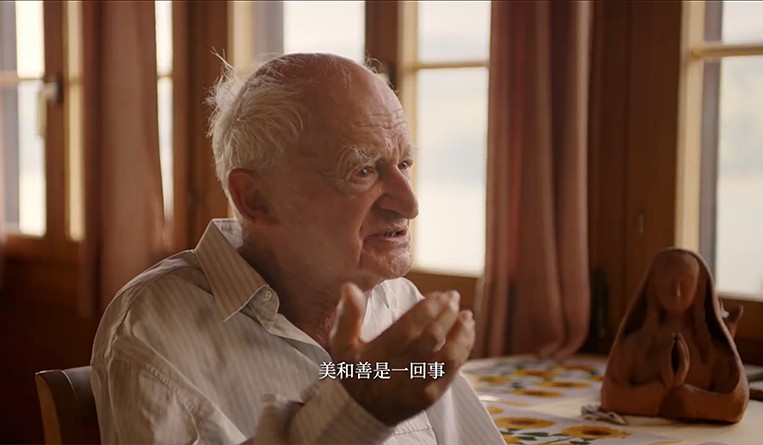A well-known Chinese academic publisher and one of his former pupils are the targets of a lawsuit brought by a Swiss philosopher who has dedicated most of his professional life to bringing Chinese philosophy to the West. The case alleges plagiarism. The Beijing-based Dongcheng District Court officially accepted the lawsuit in March, according to Professor Iso Kern, 87, who is currently awaiting a trial date.
The South China Morning Post obtained legal records indicating that Ni Liangkang, a philosophy professor at Zhejiang University, and the Commercial Press, a publisher renowned for translating literature in the humanities and social sciences, are the two defendants Kern is suing for copyright infringement.
“I am suing Ni Liangkang and the Commercial Press in China because the Chinese-language version of Husserl’s collected works published is basically illegal and infringing,” Kern said in a video statement sent to the Post.
The disputed book, On the Phenomenology of Intersubjectivity, is an anthology of the works of the renowned 1859-born German philosopher Edmund Husserl, credited with founding phenomenology. This philosophical approach holds that lived experience is the ultimate source of all meaning.
The book is based on a manuscript with over 40,000 pages written by Husserl using the now-defunct Gabelsberger shorthand.
In the 1960s, Kern worked as a researcher at the University of Leuven’s Husserl Archives after earning his PhD in Belgium. There, he began the laborious task of going through Husserl’s text with his colleagues. Husserl’s shorthand had to be deciphered before the text could be translated into current German, making it a difficult task.
After more than 10 years of effort, Kern initially released the three volumes of the book in German in 1973.
The book was a major success as the first publication of Husserl’s theoretical conceptions of phenomenology, and it also contributed to Kern’s rise to prominence in the Western philosophical world. However, decades later, in 2022, when interviewing Kern for a documentary on eminent sinologists, a Hong Kong film crew stated that his work had already been released in Chinese. He was taken aback.
“That was the result of 10 other philosophers and I, who spent decades editing and translating from Husserl’s posthumous manuscripts into modern German. Three of them have passed away, and I am the only one who understands Chinese. I want justice for all of us, and I will never accept an out-of-court settlement,” Kern said in his video statement.
A former student of Kern’s, Ni Liangkang, had been the primary translator for the Chinese translation. Without Kern’s consent, it was published by the Commercial Press in 2018, and Ni was the only person identified on the cover as editor-in-chief. Kern was left out.
Ni, a director of Zhejiang University’s Center for Phenomenology and a professor in the philosophy department, released 17 volumes of the Chinese translation based on Kern’s original research under his own name without giving Kern credit.
When Kern was a graduate student at Nanjing University researching ancient Chinese philosophy in the 1980s, Ni first worked as his translator. He claimed Ni used to be one of Kern’s favourite Chinese students.
- Excel V. Dyquiangco







